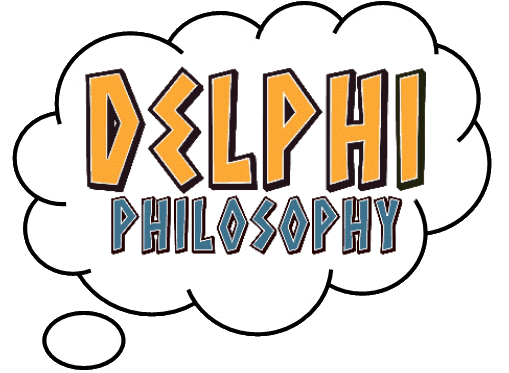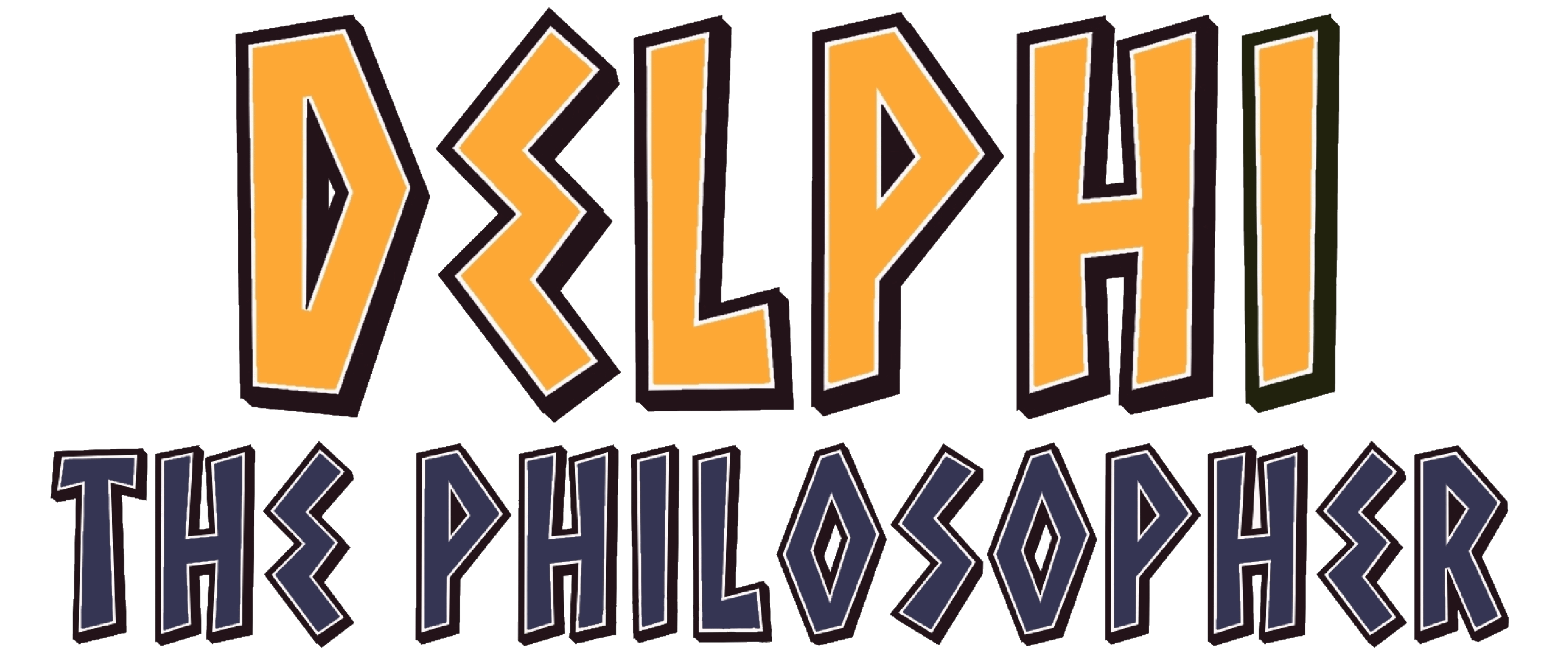But this was a long shot, she knew. She had heard of people sleeping in the temples to speak to the gods, but had always doubted if it really worked. However, she had already spoken to a god recently, so maybe they would speak to her again. And if anyone knew about freedom then it was the gods.
They must be free to do anything, she thought. Who could be more free to do something than a god?
Time is running out for Socrates and Delphi is getting desperate. And why had all these strange things started happening to her? If anyone could help it would be the gods. Surely, they can do anything. Can't they?
Big Questions:
-
Can a god do anything?
-
What does 'free' really mean?
-
What is free will?
Skills focus:
-
Discussing abstract ideas
-
Using logic about abstract ideas
-
Finding examples
Teach this lesson!
Register for free and download the lesson plan, slideshow and resources to teach this enquiry yourself.
Lesson Overview
This lesson challenges children to start thinking about philosophical problems in more abstract rather than concrete terms. This is achieved by developing children’s logical thinking through attempting some philosophical puzzles. The lesson uses the mind mapping technique to help children unpick the word ‘free’ and what its potential limits are – revisiting and developing the mind map through the lesson. The chapter also references some famous arguments about the nature of God from medieval philosophy – the idea of creating an immoveable boulder and the problem of free will – within the context of the Greek gods.







